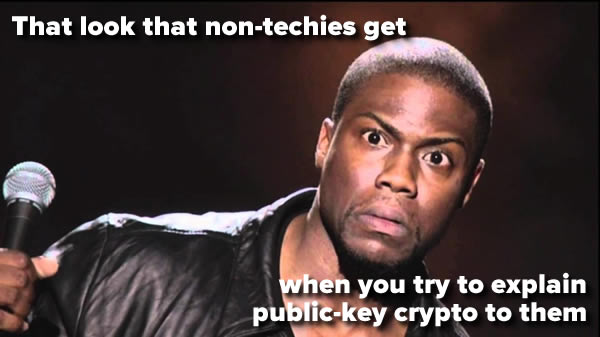At Gizmodo, Kashmir Hill recounts the tale of what happens when Google decides to suppress media coverage it doesn’t like:
Six years ago, I was pressured to unpublish a critical piece about Google’s monopolistic practices after the company got upset about it. In my case, the post stayed unpublished.
I was working for Forbes at the time, and was new to my job. In addition to writing and reporting, I helped run social media there, so I got pulled into a meeting with Google salespeople about Google’s then-new social network, Plus.
The Google salespeople were encouraging Forbes to add Plus’s “+1″ social buttons to articles on the site, alongside the Facebook Like button and the Reddit share button. They said it was important to do because the Plus recommendations would be a factor in search results — a crucial source of traffic to publishers.
This sounded like a news story to me. Google’s dominance in search and news give it tremendous power over publishers. By tying search results to the use of Plus, Google was using that muscle to force people to promote its social network.
I asked the Google people if I understood correctly: If a publisher didn’t put a +1 button on the page, its search results would suffer? The answer was yes.
After the meeting, I approached Google’s public relations team as a reporter, told them I’d been in the meeting, and asked if I understood correctly. The press office confirmed it, though they preferred to say the Plus button “influences the ranking.” They didn’t deny what their sales people told me: If you don’t feature the +1 button, your stories will be harder to find with Google.
With that, I published a story headlined, “Stick Google Plus Buttons On Your Pages, Or Your Search Traffic Suffers,” that included bits of conversation from the meeting.
The Google guys explained how the new recommendation system will be a factor in search. “Universally, or just among Google Plus friends?” I asked. ‘Universal’ was the answer. “So if Forbes doesn’t put +1 buttons on its pages, it will suffer in search rankings?” I asked. Google guy says he wouldn’t phrase it that way, but basically yes.
(An internet marketing group scraped the story after it was published and a version can still be found here.)
This article reminded me that I was still showing a “Google+” share button on my postings … it’s still available for all three of you that still use that service, but it’s now in the “More” group instead.




